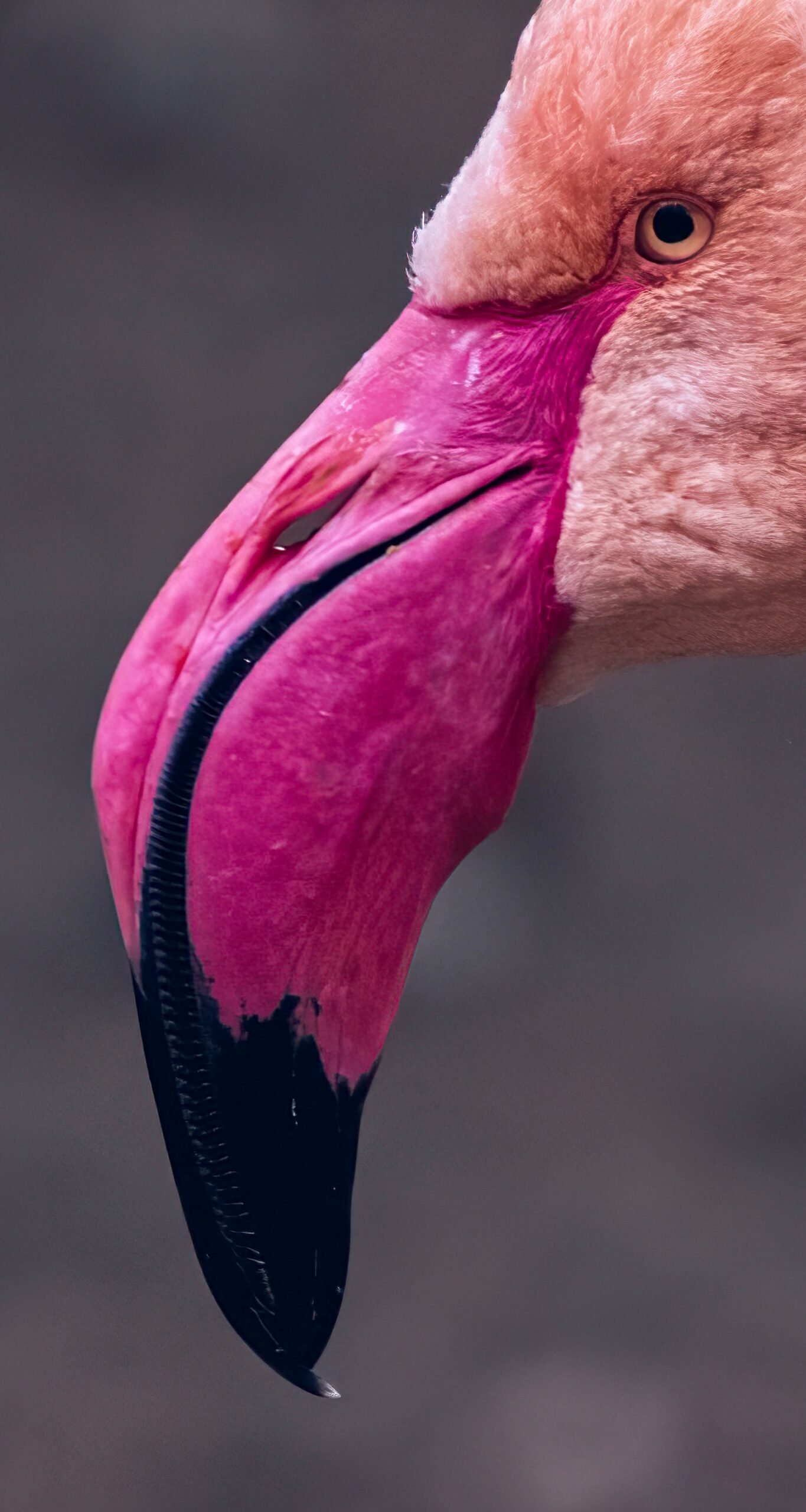
In a world where wild birds pose a potential threat to the well-being of your chickens, the question arises – how do you shield them from the diseases these feathered creatures may carry? This article aims to provide answers to this concern. By exploring various preventive measures and strategies, you will discover practical ways to protect your beloved chickens from the dangers present in their environment. So, let’s delve into the world of bird-borne diseases and equip you with the knowledge to safeguard your flock.

Understanding the risks
The potential threat from wild birds
When it comes to protecting your chickens from diseases, it’s important to understand the potential threat posed by wild birds. Wild birds can carry various diseases, including avian influenza, Newcastle disease, and infectious bronchitis. These diseases can be easily transmitted to domesticated chickens, putting your flock at risk. Being aware of this potential threat is the first step towards implementing effective biosecurity measures.
Common diseases carried by wild birds
Some of the common diseases carried by wild birds include:
-
Avian influenza: This highly contagious viral disease can cause severe illness and high mortality rates in chickens. It can be transmitted through direct contact with infected birds or through contaminated feed, water, or equipment.
-
Newcastle disease: Another viral disease that affects chickens, Newcastle disease can cause respiratory and nervous system problems. It can be transmitted through direct contact with infected birds, their secretions, or contaminated surfaces.
-
Infectious bronchitis: This respiratory disease is caused by a coronavirus and can lead to reduced egg production and poor growth in chickens. It can be transmitted through airborne droplets or through indirect contact with contaminated surfaces.
By understanding these common diseases carried by wild birds, you can take appropriate measures to protect your flock and minimize the risk of infection.
Establishing biosecurity measures
Isolate the flock
One of the most effective biosecurity measures you can take is to isolate your flock. This means keeping your chickens away from wild birds and other potentially infected animals. It is advisable to have a secure and separate area for your flock, such as a coop and run, where they can be protected from potential disease carriers.
Secure the coop and run
To prevent contact with wild birds, it is crucial to secure your coop and run. Make sure that the fencing is sturdy and has small enough openings to prevent wild birds from entering. Cover any windows or openings with wire mesh to further prevent access. Regularly inspect the coop and run for any signs of damage or openings that could allow wild birds to gain entry.
Prevent contact with wild birds
Minimizing contact between your chickens and wild birds is essential for preventing the spread of diseases. Avoid placing feeders or water sources where wild birds can access them. Clean up any spilled feed promptly to avoid attracting wild birds. If you notice any wild birds near your flock, take measures to deter them, such as using scare devices or bird repellents.
Maintain clean surroundings and equipment
Regularly clean and disinfect your surroundings and equipment to minimize the risk of disease transmission. Remove any debris or potential sources of contamination from the coop and run. Clean and disinfect waterers, feeders, and any tools or equipment used for handling chickens. By maintaining a clean environment, you can reduce the chances of disease spread within your flock.

Vaccination and regular health checks
Vaccination is an essential aspect of protecting your chickens from diseases. Consult with a veterinarian to determine the appropriate vaccination schedule and vaccines for your flock. Vaccines can help prevent or reduce the severity of certain diseases, such as avian influenza and Newcastle disease.
In addition to vaccination, regular health checks are crucial for identifying any signs of illness or disease in your flock. Look out for changes in behavior or appearance, such as decreased appetite, lethargy, abnormal feces, or respiratory distress. Regularly inspect your chickens for any signs of sickness and consult a veterinarian if you notice anything concerning.
Proper flock management
Allow enough space for the chickens
Providing adequate space for your flock is essential for their overall health and well-being. Overcrowding can lead to stress, increased aggression between chickens, and a higher risk of disease transmission. Make sure each chicken has enough space to move around comfortably in the coop and run.
Provide a balanced diet
A balanced diet is crucial for maintaining a healthy flock. Ensure that your chickens have access to a nutritionally complete feed that is appropriate for their age and purpose. Supplement their diet with fresh fruits and vegetables, and provide access to clean and fresh water at all times. Proper nutrition will support their immune system and help them resist diseases.
Promote good hygiene practices
Good hygiene practices are key to preventing the spread of diseases. Regularly clean and disinfect the coop and run, removing any waste or soiled bedding. Practice proper hand hygiene before and after handling your chickens, and ensure that anyone who comes into contact with your flock follows the same protocols. This will help reduce the risk of introducing pathogens into your flock.

Identifying and addressing signs of illness
Observing changes in behavior or appearance
Being vigilant and observant is crucial for identifying signs of illness in your flock. Watch out for any changes in behavior or appearance, such as a decrease in activity, loss of appetite, disheveled feathers, abnormal droppings, or respiratory symptoms. Early detection can significantly improve the chances of successful treatment and prevent the spread of disease to other chickens.
Consulting a veterinarian
If you notice any signs of illness or are unsure about the health of your flock, it’s always best to consult a veterinarian. They can help diagnose the issue, provide appropriate treatment, and offer advice on preventive measures. Regular veterinary check-ups are also recommended to ensure the overall health and well-being of your chickens.
Educating yourself and others
Stay up to date with poultry health news
Staying informed about the latest poultry health news is essential for effective disease prevention. Keep yourself updated on any outbreaks or risks in your area, as well as new developments in vaccination or treatment options. Subscribe to credible sources of information, such as poultry health magazines, online forums, or newsletters from reputable organizations.
Share knowledge and experiences with fellow chicken keepers
Sharing knowledge and experiences with other chicken keepers can be incredibly valuable when it comes to disease prevention. Join online communities or local poultry clubs to connect with like-minded individuals. Discussing common challenges, exchanging tips and techniques, and learning from each other’s experiences can help strengthen your biosecurity practices and protect your flock.
Conclusion
Protecting chickens from diseases carried by wild birds requires a combination of understanding the risks, implementing biosecurity measures, proper flock management, early detection of illness, and staying informed. By following the guidelines outlined in this article, you can significantly reduce the risk of disease transmission and ensure the health and well-being of your flock. Remember, prevention is key, so be proactive in safeguarding your chickens and maintaining their overall health.







